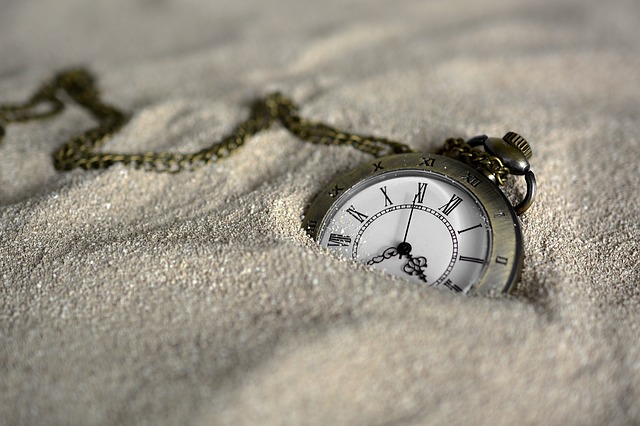Daylight Saving Time Is Here!
Get ready to turn your clocks forward! Daylight saving time will start at 2 a.m. on this Sunday, March 11th.
What Is Daylight Saving Time?
The federal government first enacted daylight saving time (DST) in 1918 during WWI. It was a measure first invented to conserve energy. We set the clocks ahead 1 hour ahead of standard time. During DST, the sun rises and sets later than it did on the day before. Almost 40% of countries use daylight saving time to save energy and use daylight more efficiently. Standard practice is to turn your clocks Saturday night before you go to sleep. This year will the 100th anniversary in the United States. Two states do not observe DST – Hawaii and Arizona. While some states are moving to eliminate DST, Florida is making an attempt to keep daylight saving time throughout the year. We “spring forward” the second Sunday in March and “fall back” the first Sunday in November.
Health Risks of DST
Stroke
However, losing an hour of sleep when you turn your clocks forward can wreak havoc on your health. Your body needs time to adjust to the time change. Even one hour of less sleep can disrupt your entire day. Research finds that lack of sleep is linked to depression, obesity, loss of productivity, and increased risk of heart disease and accidents. A study found that the overall rate of strokes increases by 8% in the two days after DST goes into effect. In seniors, the rates increase even more. People over 65 were 20% more likely to suffer a stroke in theses two days. As our bodies and circadian clocks adjust to the change through the week, so does the risk of stroke.
Heart Attack and Injury
Research also shows that the rate of heart attacks also increases by about 10% on the Monday and Tuesday after the time change. People tend to have around 40 minutes of less sleep in those two days. Additionally, studies find that this lack of sleep results in more workplace injuries, car accidents, and even a decrease in moral decision making. DST has been proven to have a short-lived negative effect on cognitive ability and overall health. However, there are not as many negative effects associated with the fall transition, when we gain back an hour.




